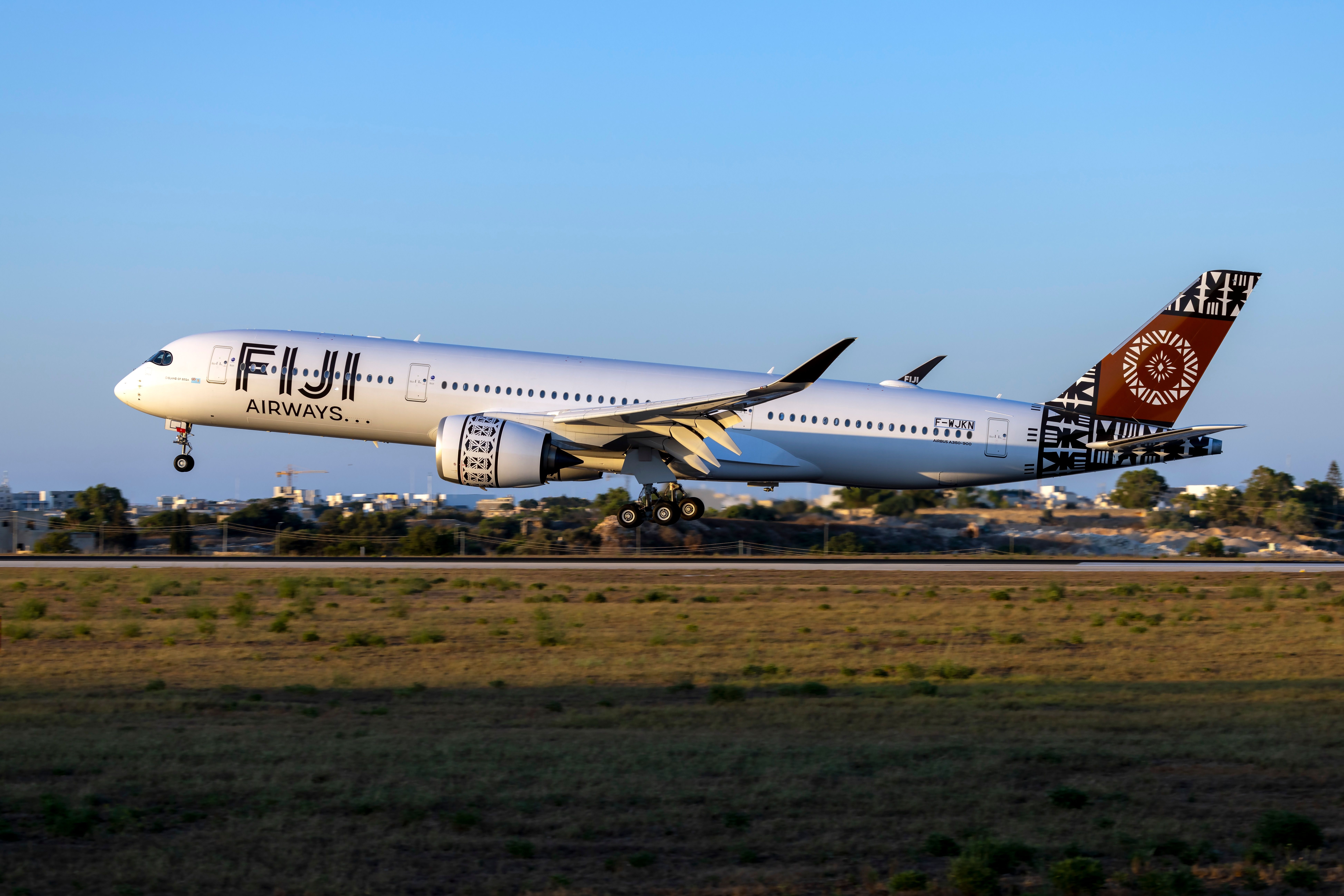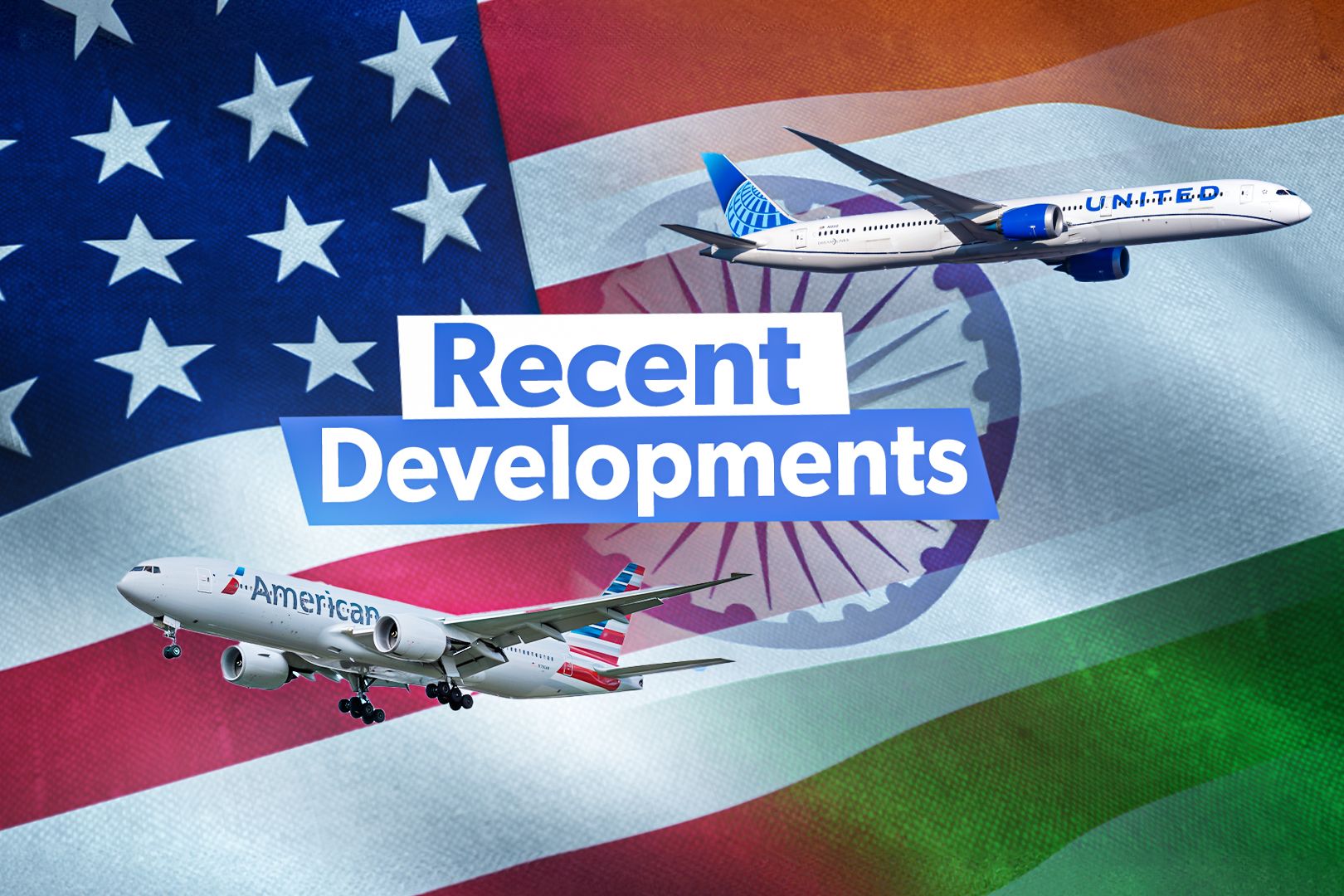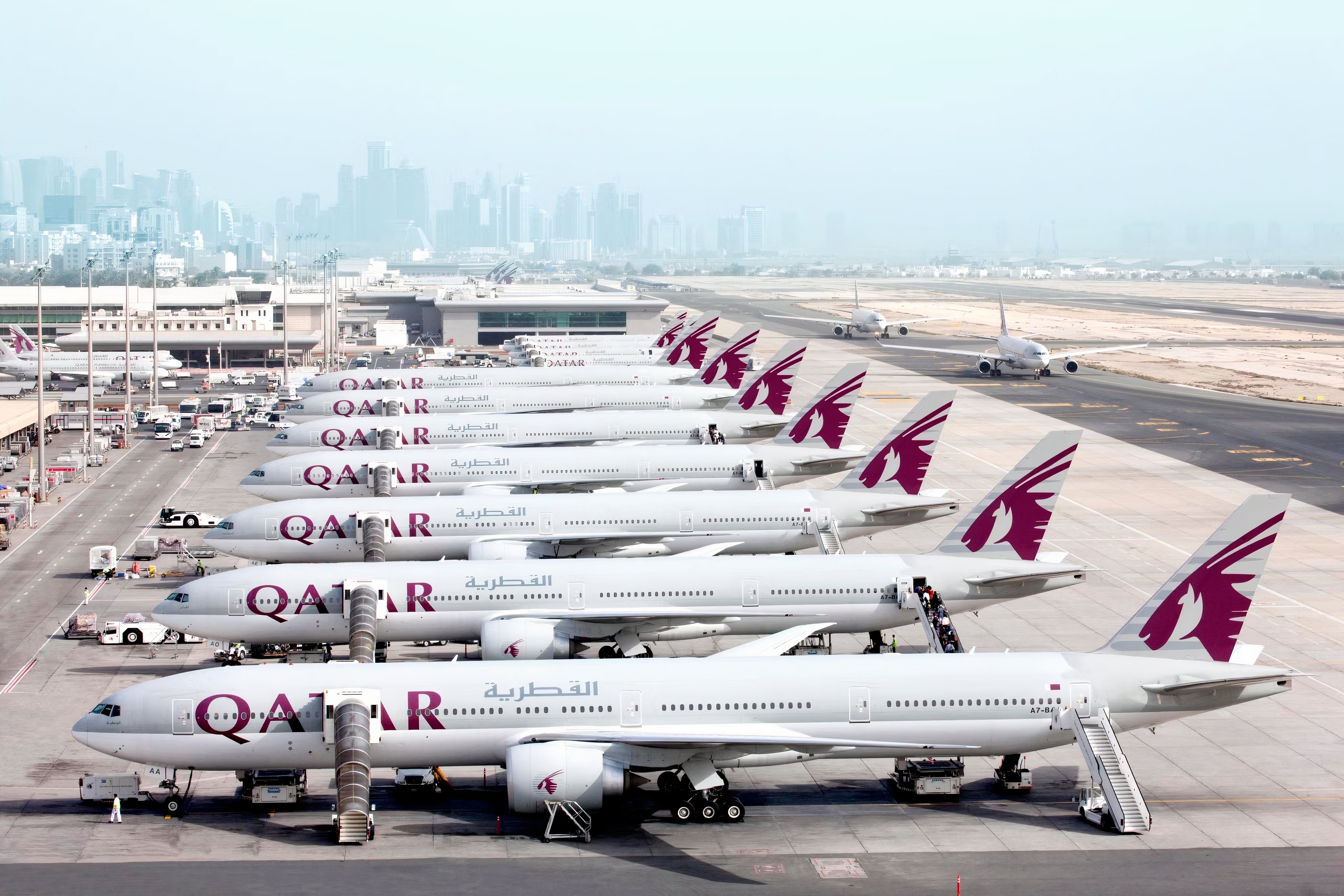Thursday, August 22, 2024 Edinburgh City Council has approved the introduction of a new tourist tax aimed at generating up to £50 million annually. The Scottish capital will become the first city in the country to implement a transient visitor levy (TVL) on overnight stays, with the funds earmarked for enhancing the city’s infrastructure. The levy will apply to hotels, bed and breakfasts, self-catering accommodations, and properties rented through platforms like Airbnb.
While similar charges are already in place in major cities worldwide, opponents argue that the tax could deter tourists and damage Edinburgh’s reputation as a prime travel destination. The decision was made during a policy and sustainability committee meeting, where the draft proposals received a favorable vote. A 12-week consultation period is scheduled to begin this autumn, during which residents will be asked whether the proposed 5% charge should be adjusted.

The Scottish Greens have already suggested increasing the levy to 8%, with the tax expected to be fully implemented by July 2026, just in time for the festival season. The funds raised from the tax will primarily be used to improve public spaces in Edinburgh. Council Leader Cammy Day mentioned that £5 million would be allocated to housing, with 35% of the revenue directed toward supporting the arts sector.
However, a motion by the council’s SNP group to increase the housing allocation to £20 million was defeated. Day dismissed concerns that the tax might dissuade potential visitors, arguing that the additional cost is minimal compared to overall travel expenses. He emphasized that tourists come to Edinburgh for its cultural and historical sites, not just for hotel stays.
The introduction of the tourist tax comes on the heels of new regulations targeting short-term rental properties, such as those listed on Airbnb. Since October of the previous year, hosts in Edinburgh have been required to obtain licenses for short-term lets, or risk facing fines of up to £2,500. Edinburgh’s housing crisis, declared in November 2023, has been exacerbated by skyrocketing property prices and rental rates, alongside a surge in homelessness.
The city’s popularity as a tourist destination, with an estimated 5.3 million overnight stays annually, has further strained the housing market. While the tax aims to address some of the city’s challenges, it has faced opposition from the hospitality industry.
Leon Thompson, Executive Director of UK Hospitality Scotland, warned that the tax could increase costs for businesses, which might be passed on to tourists. He also pointed out that the UK already has the highest VAT rate on hospitality in Europe, along with outdated business rates, making it a less competitive destination. Although the idea of a tourist tax in Edinburgh was first proposed in 2019, it wasn’t until May 2023 that local authorities were granted the power to impose the levy.
A final decision on the implementation of the tax will be made in January 2025. The tax could potentially be extended to cruise ships in future phases. Similar levies have been introduced elsewhere, such as Manchester, which implemented a £1 per room, per night fee last year, raising approximately £2.
8 million in its first year. Experts like John Lennon, Director of the Moffat Centre for Travel and Tourism Business Development at Glasgow Caledonian University, believe that visitor surcharges are unlikely to deter tourists from visiting major cities. He cited examples like New York, where the levy is as high as 15%, yet tourism has not declined.
However, not everyone is convinced. Scottish Conservative Lothians MSP Miles Briggs described the new tax as “deeply disappointing,” warning that it could harm Edinburgh’s hospitality industry and deter visitors, ultimately damaging the city’s economy..



















